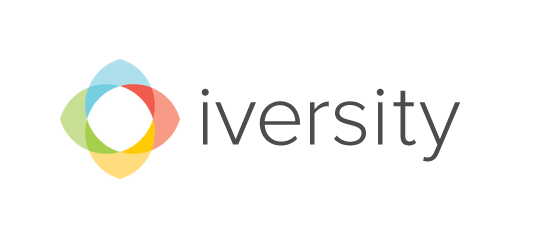

Final Assessment- Reaction Paper
The final assessment for this course is a reaction paper – a summative exercise that encourages you to reflect on what you have learned. Education research shows that this activity will help you to synthesize and retain what you learned.
You will use the Kirkpatrick Model of Learning Evaluation to document your learning. Details of this model can be found at the following site.
The model assesses learning at four levels: Reaction, Learning, Behavior and Results. We would like you to draft your reaction to this course on each level of the Kirkpatrick Model. Specifically, we would like you to answer the following questions:
a) Please indicate your reaction to the content and delivery of this course. Was it an interesting and useful learning experience ? What did you like and not like ?
b) Please indicate the three most important ideas or concepts you learned from this course, and describe why you found them important.
c) Please indicate the idea or concept that you found most useful for immediate application (in the the next 3 months), and describe how you will use it.
d) Please indicate the results you expect to achieve from the application of this idea or concept, and how you will measure these results.
Each of these questions should be answered in 150 words or less. Your total assignment should be no more than two single-spaced pages.
Write down your answer directly in the journal (click on "start in" journal on the right of the page) and publish it to get feedback from the professors.
Final Assessment - Science of Global Health Implementation
a) At the beginning of the course I did not know exactly if it would be a useful and applicable tool in my environment; But as the course progressed I was able to find resources that can help.
The content of the course is useful; Especially the readings and additional material. The most comfortable thing was to be able to follow the course without preset schedules.
b) The main concept for me is the fact that change asks for involvement at all levels of the organization where it wants to be implemented.
The unfreezing - change - refreezing technique encompasses the general concept of the need for change, although it is not easy to apply (especially the first part, where users tend to be reluctant to change)
Finally, monitoring the changes once the new system is established is a useful tool to see if all the previous work has been well planned and executed.
c) As mentioned earlier, the fact that change involves the whole organization is the most important concept, since it has to convey that idea at all levels. In a period of three months, it is necessary to convince all the personnel involved with strong arguments to participate in the change; so the optimal work will be to inform and subsequently training all the staff in the organization at all levels.
To this end, a committee will be created with representatives from each sector of the organization in which the ideas are presented and then the colleagues will be informed of the upcoming changes, what will benefit the organization and how to implement them.
d) The expected result is greater fluidity in interdepartmental communication and that anyone in the organization can know the status of a project at all times; since individual work is embedded in the mission of the organization and should reflect where we are going.
To do this, once the changes are implemented, the initial committee will be reconvened with feedback from the users to evaluate if the main objectives set before the change have been completed and to correct possible defects that appeared during the process to improve our way to proceed on future actions.
